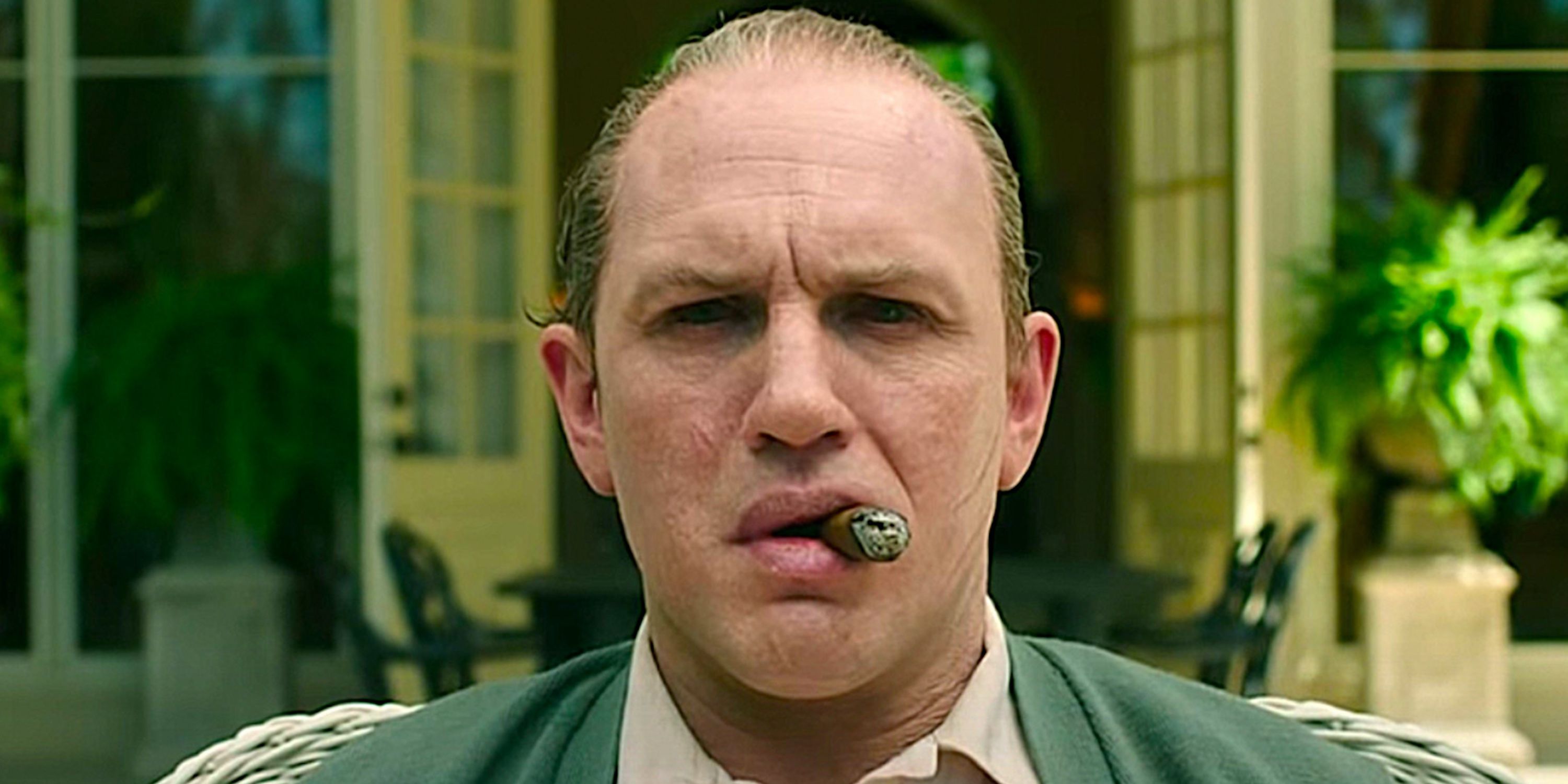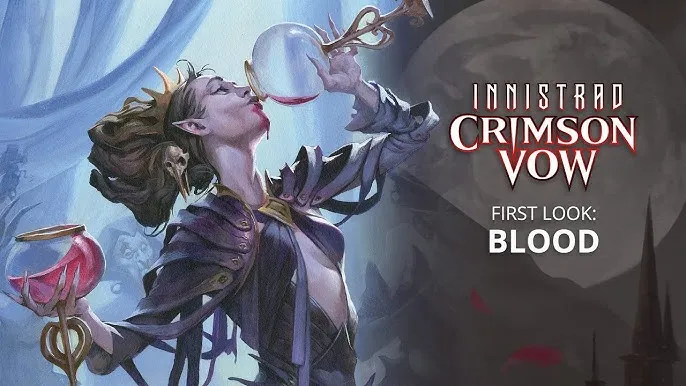He ruled with fear. Now his mind rules him
Capone (2020) offers a hauntingly human portrayal of the infamous gangster Al Capone, not in his prime, but in the waning days of his life. The film delves into themes of aging, memory loss, and redemption—far from the flashy violence of his past. Directed by Josh Trank and featuring a startling, transformative performance by Tom Hardy, it defies expectations by focusing on the man beneath the legend.
Set in 1947, a decade after his release from Alcatraz, the story finds Capone living in exile, bedridden, and ravaged by neurosyphilis. Once Chicago’s most feared crime lord, he is now a shadow haunted by vivid hallucinations, including a version of his ex-mistress Lady and his late woman, Mae. Unable to distinguish between reality and delusion, Capone struggles to maintain control over a crumbling empire he no longer commands.

Hardy’s performance is both powerful and delicate. He embodies the brutality of Capone’s youth, but also the vulnerability of a man unraveling. The film is less about gunfire and turf wars than it is about regret and the inescapable passage of time. Through fragmented memory sequences and stark flashbacks, we glimpse the glory, terror, and loneliness that have defined Capone’s life.
Visually, Capone contrasts the lurid opulence of the gangster era with the oppressive isolation of Capone’s final fortress of solitude. The murky tones and tight framing mirror his decaying mental state, all while Hardy anchors the narrative with a performance that is gravely introspective and chillingly raw.

Ultimately, Capone becomes a study in legacy and consequence: no
empire lasts forever, and even the most notorious figures are haunted by the ghosts of their own making.

-1754967969-q80.webp)

-1755088483-q80.webp)